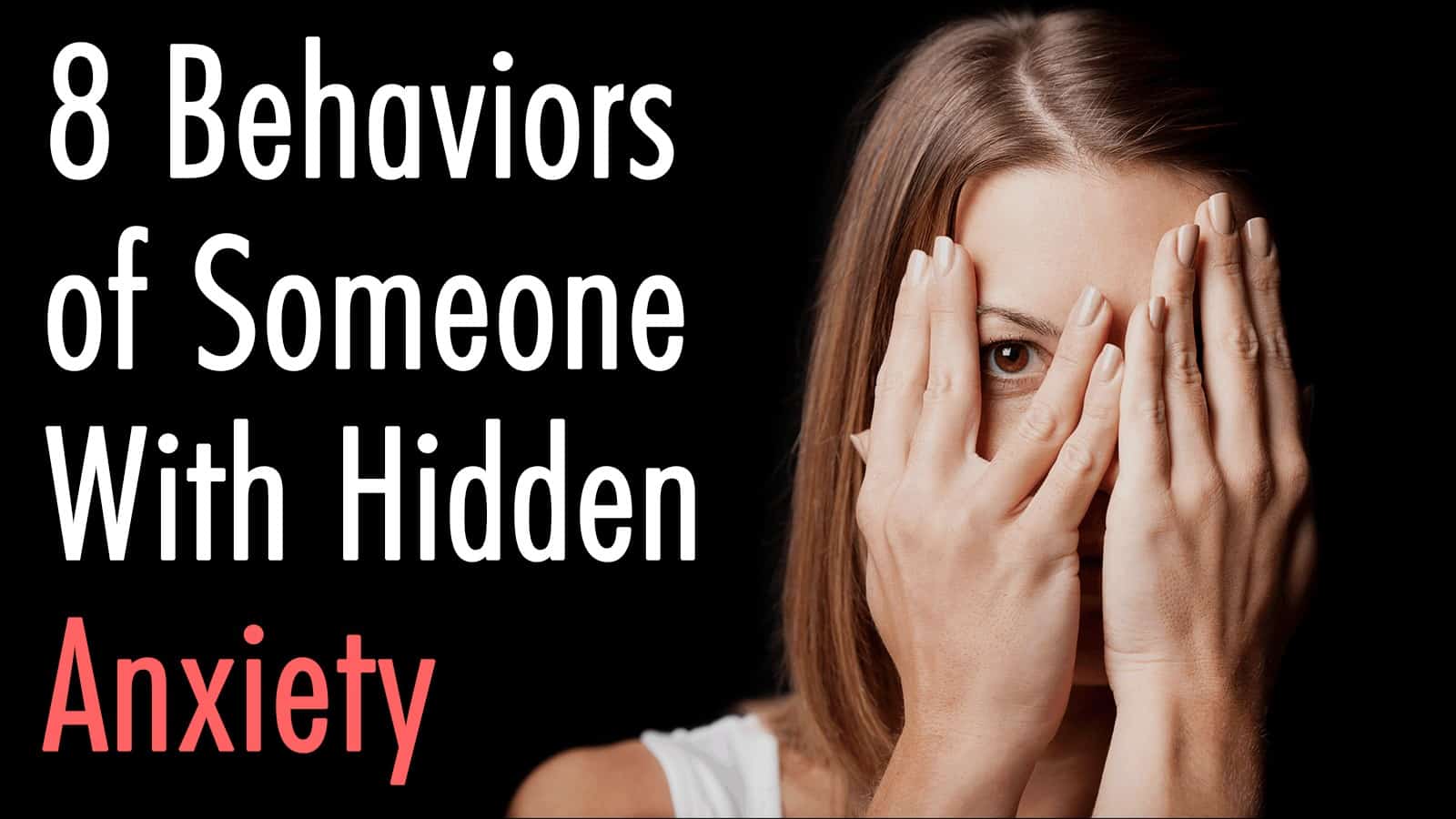It’s easy to suffer from a burnout when you’re juggling too many things on your plate. But some people refuse to slow down and keep pressing on despite feeling overwhelmed. Let’s discuss a few behaviors that reveal you’ve got too much on your hands and are in need of a self-care.
Here Are 11 Behaviors That Reveal Someone Is Secretly Overwhelmed
1. Your sleeping patterns are erratic.
You find yourself having a hard time getting sleep one night. Then on a different night, you sleep through a buzzing alarm clock and have a hard time getting up. These erratic sleeping patterns may indicate that you have too much going on. This problem can lead to sleep deprivation, which could impact your mental health, according to Harvard.
To correct this, you have to make it a point to develop a nighttime routine. Give sleep a priority no matter how busy you are. Set a reasonable time to go to bed every night. Put away the gadgets and other tools you use for work so you won’t be prompted to check your phone or laptop for emails and messages.
Also, try to practice relaxation techniques like breathing exercises and meditation. Drink a soothing tea hours before your bedtime to help your body wind down.
2. You’re not eating well.
When you’re overwhelmed, your eating patterns are erratic, like your sleeping patterns. You’re either overeating or indulging in junk food, or you’re not eating and skipping meals because you don’t have an appetite.
Try to have smaller portions of snacks every two hours if you’re not hungry for an actual meal. Additionally, make sure you snack on healthier foods instead of processed food so you’ll still get enough vitamins and minerals. Establish a routine eating time even if you’re not going to eat a full meal. Your brain has to be trained to follow a feeding schedule to help you eat well eventually.
3. You’re still tired even after a good rest.
Exhaustion and fatigue are classic signs of burnout. If the lethargy doesn’t go away even after you’ve had a few hours of rest or sleep, you’re clearly overwhelmed. You are likely taking in too much in your work and life overall. To gain more energy, try improving your diet by eating more energy-giving foods like bananas, fish, eggs, and apples. Increase your water intake as well.
Consider doing morning exercises rather than afternoon or evening exercises. A study in Clinical Obesity revealed that people who do morning workouts don’t get sleepy in the middle of the day. Their blood pressure levels are also usually lower and they don’t have a hard time going to bed at night.
4. You’re easily irritated.
When you’re easily ticked off and annoyed by what’s (or who’s) around you, then you’re likely emotionally and mentally drained. But don’t beat yourself up. Everyone goes through this cycle and has their bad days.
Instead, take this as a sign to get a break from work. File your leave and take a vacation so you can work on yourself. Some companies offer a Mental Health Day Off from work. Talk to your boss or HR if this can apply to you.
5. You’re not motivated.
Do you feel unproductive? Is it taking you a long time to complete your tasks for the day? A lack of motivation to tackle your goals can be an indication of being overwhelmed. But you shouldn’t push yourself too hard just to finish a half-baked task. Instead, take a break and find an inspiration.
Try to get out of town to see and experience new things. Treat yourself to an evening at a park. Read a book that others have recommended. An inspiration might strike when you least expect it.
6. You can’t seem to focus.
Your brain fails to function if you’re not sleeping or eating properly. Additionally, you’re going to feel restless or high-strung when you’re tackling one task after another. All these can hamper your ability to focus. You may be busy, but you won’t be able to give your 100-percent attention to each of the tasks. So, the quality of your output suffers.
You should start saying no when handed down additional things to do – at least until you can complete one or two goals. Break down your tasks into smaller but more actionable goals. Keep a checklist of what you have to accomplish so that you won’t forget or overlook these. Most of all, take short breaks in between what you’re doing to recharge yourself. According to the Harvard Business Review, you’ll boost your productivity if you take microbreaks.
7. Your job suffers.
Are you still not sure if you’re suffering from a burnout? Look at your job performance from six or 12 months ago and compare your productivity and results. The effects of a burnout manifest over an extended period. If there are no significant changes to your job performance, then it could be just a temporary slump. But if the difference in your work then and now is so obvious, you might be in a state of a chronic burnout.
8. Your immunity level is low.
If you find yourself frequently catching a cold, developing a cough, or contracting other illnesses, it might mean your immunity level is low. This is your body’s way of telling you to slow down, change your habits, and take a long break because you’re already overwhelmed. Take time to visit your doctor for a checkup. He might prescribe vitamins and supplements to boost your immunities.
9. You withdraw from people.
When was the last time you socialized with people? Apart from your workmates, when did you last spend time with friends? Even introverts have a small group of people they hang out with regularly. If you feel like it’s too much of an effort to meet up with your gang, you definitely need to take a time for yourself to rest and re-energize.
Self-care is vital to your well-being when you’re overwhelmed. You need to fill your needs first before you can spend time with others.
10. Your relationships suffer.
Are conflicts with your co-workers or loved ones becoming more frequent? When your interpersonal relationships suffer, take a step back and examine what you should prioritize – your work or your relationships.
11. Your outlook is less positive.
You grow increasingly pessimistic when you’re overwhelmed. It’s hard to get excited about life and think positive thoughts when you don’t have the energy. So, while optimism can protect you against a stress, it will be challenging to get out of a rut if you’re smack in the middle of burnout. The best thing you can do is to take a vacation and unplug. You cannot force feeling positive unless you take the negative energy out of your system.
Final thoughts
You may already know what’s causing your stress, given these behavioral markers. The solution, therefore, lies in your hands. With positive thinking, remember to take action when enough is enough and seek a professional if you need help to manage your stress.
https://www.youtube.com/watch?v=FWMSYeRHWU4&t=10s




















